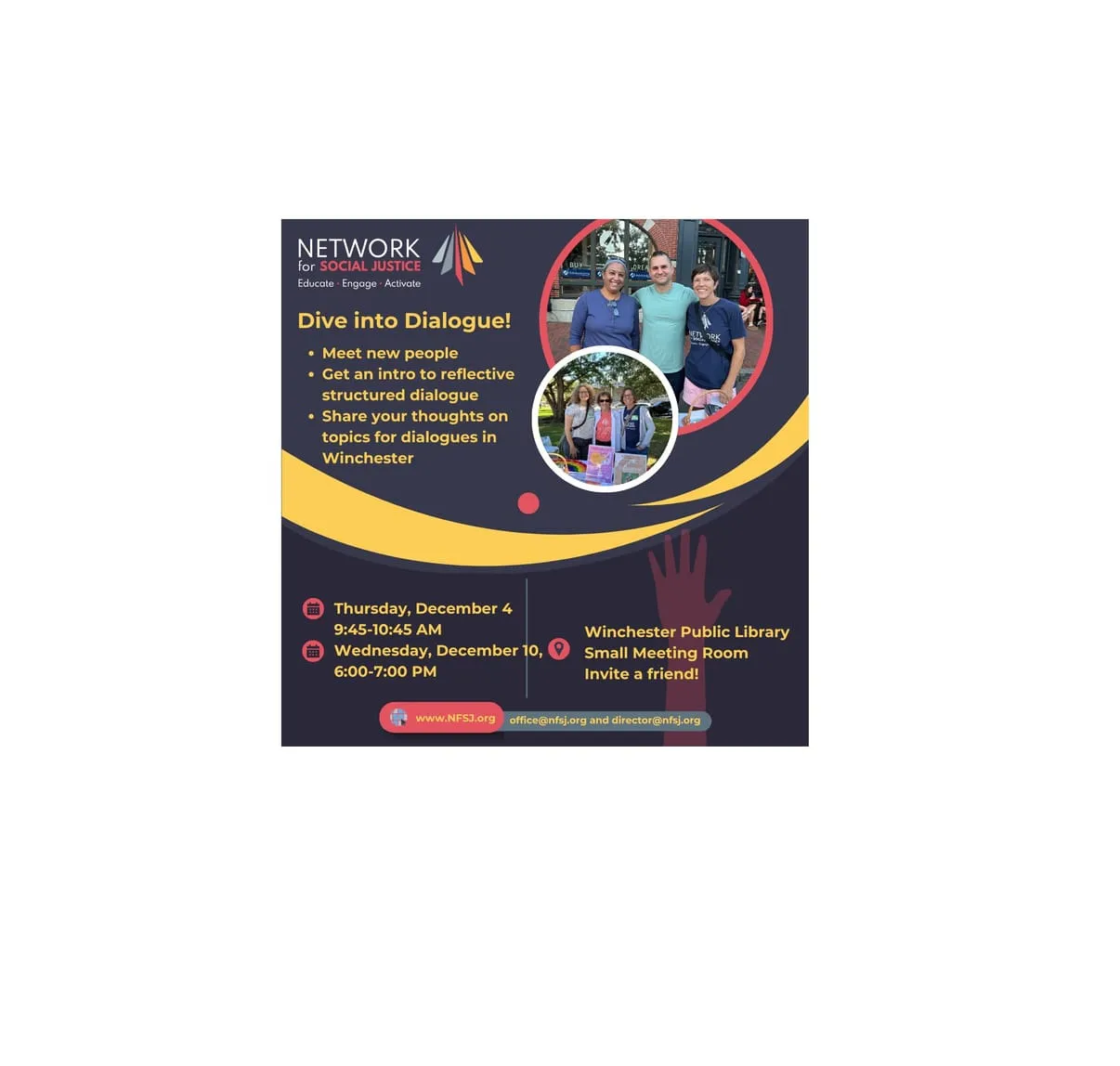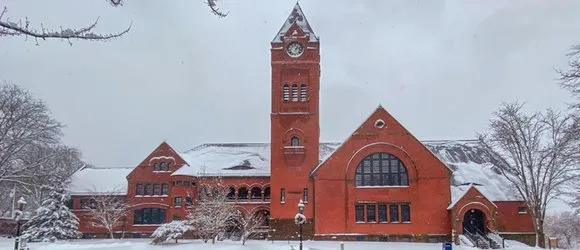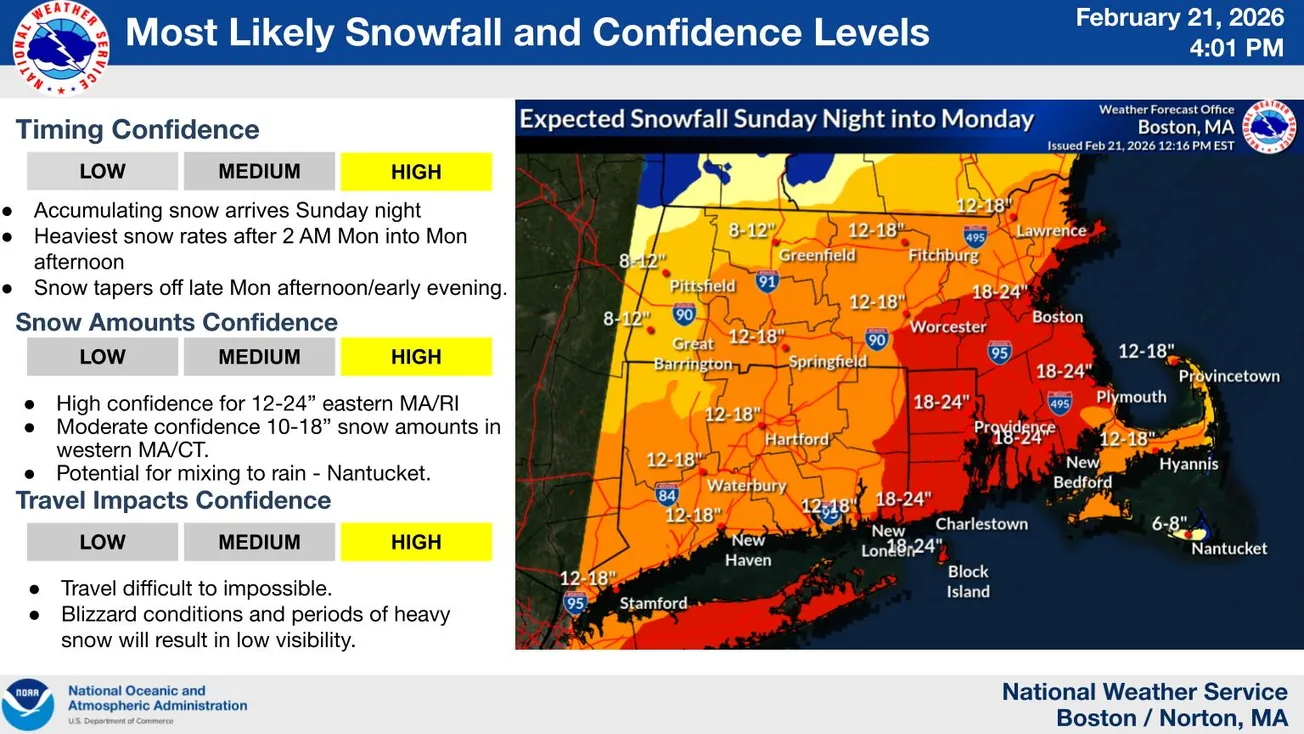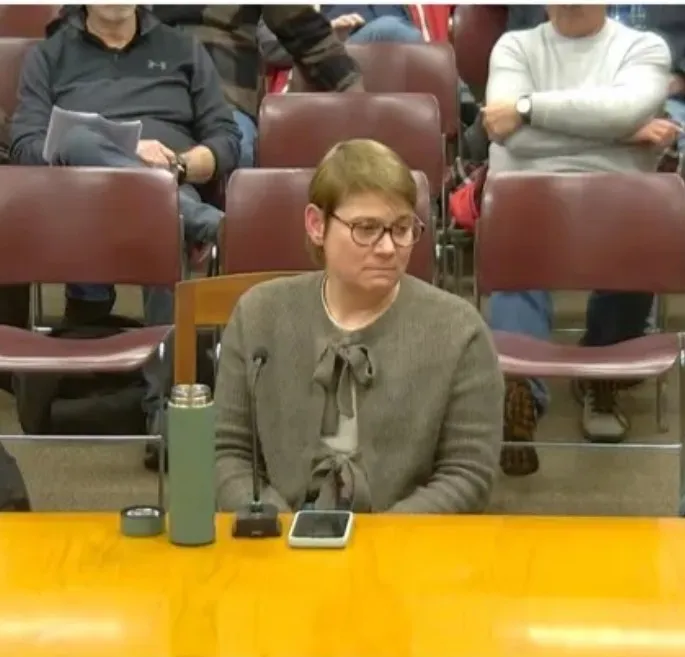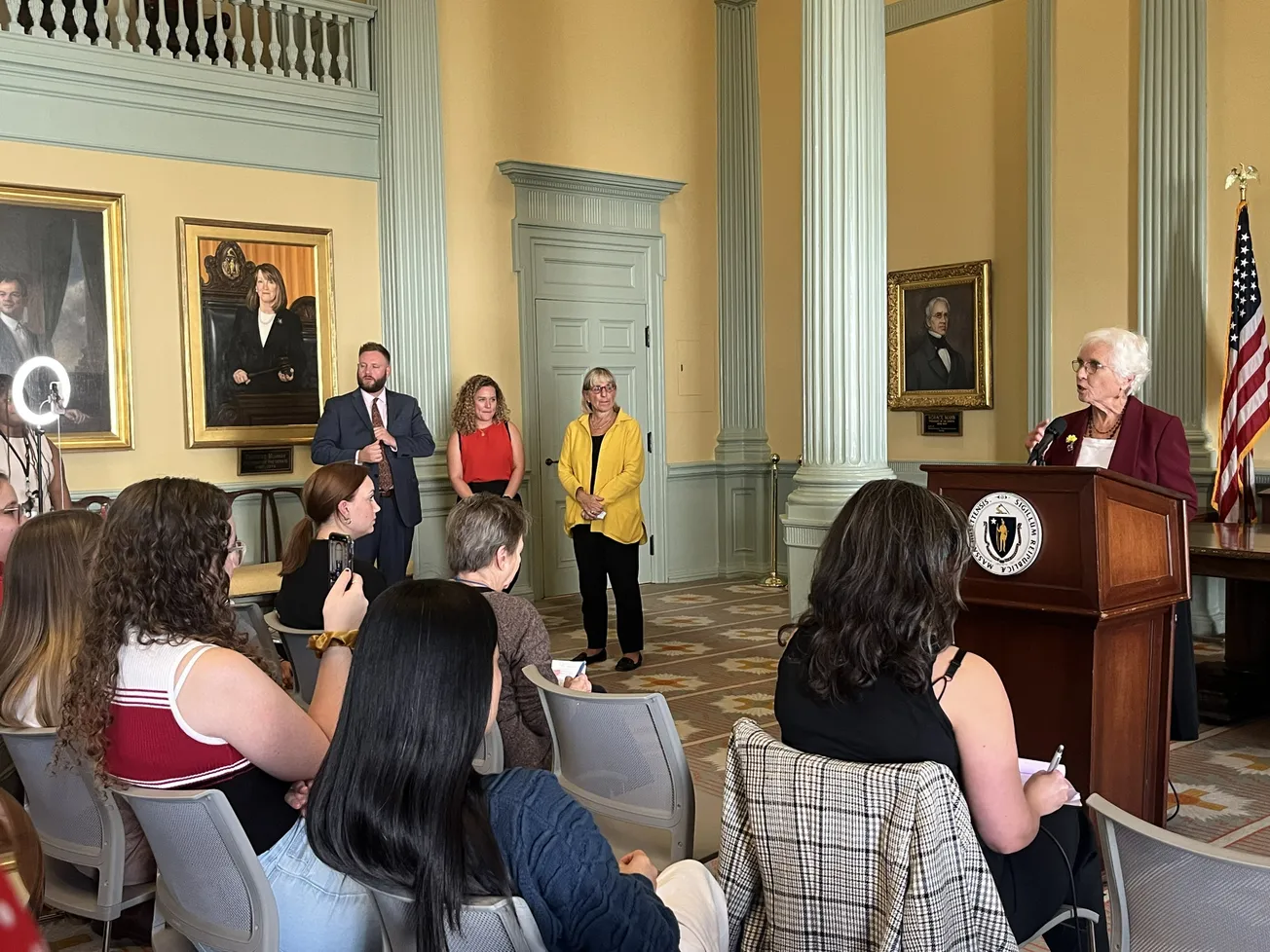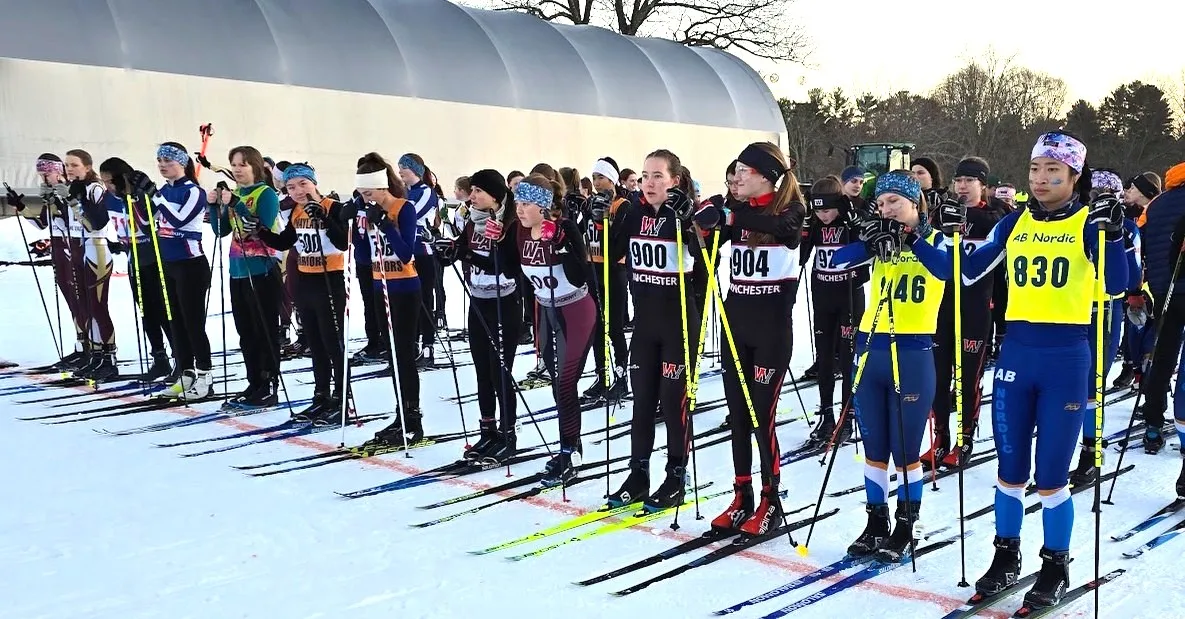Table of Contents
On Wednesday, Nov. 12, the Network for Social Justice hosted a program at the Sanborn House of structured small-group discussions on the topic of “community” in Winchester.
“Our goals were to enable people to connect in-person with community members who are not part of their usual ‘circle,’ have an intentional discussion on what being part of a community means, and experience a structured dialogue designed to give all participants equal opportunities to share and be heard,” said Rebecca Slisz, executive director.
From the outset, the atmosphere in the Sanborn House was warm and convivial, with people recognizing each other as past teachers or students, from the sidelines of soccer fields or activities at the same faith congregations.
“It was great to see people immediately making connections, even before the program started,” said Hillary Turkewitz, one of the facilitators.
Turkewitz led the group in one of the first steps in the process, aligning on community agreements, similar to those used regularly by the Network for Social Justice, which help create an environment where people feel comfortable sharing.
“The expectation is that, after the dialogue, it’s OK for people to share what they learned, but not to share others’ personal stories,” explained Turkewitz.
After establishing the agreements for the evening, participants separated into three smaller groups where facilitators guided them through a series of questions intended to explore when people felt part — or not part — of a community, factors that contributed to their feelings, and what community-building in Winchester might look like.
As a concluding activity, participants filled Post-it notes with ways to cultivate a greater sense of community in town. “Be an inviter” was written on one note, bringing others into conversations, activities, or events. Simple gestures, such as talking to people in stores or when walking around town, were also mentioned.
Beyond personal interactions, a broader suggestion was creating more access to programs for residents who speak languages other than English.
Participants in the dialogue expressed appreciation for the opportunity to discover commonalities, even across differences of age or life experience, and share thoughts with others whom they didn’t know before coming to the event. Some takeaways from the experience were that “we all can be more welcoming to others,” and that there are “caring and committed people in Winchester who want our community to be a place where people are valued, heard, seen and respected.”
Attendees also came away with an understanding of a structured dialogue approach, which was developed and has been refined over 35 years by Essential Partners. The facilitation team learned this approach over the last year by working with an Essential Partners consultant and offering a dialogue on affordable housing last March.
In fact, two of the facilitators of the November program were participants in the affordable housing dialogue, having found the experience to be powerful and productive.
“The emphasis on personal stories and focus on deep listening to others contributes to people hearing things in a different way than when having regular conversation or even in a public meeting,” said Marianne DiBlasi, who is active in numerous organizations and committees in town.
Feedback from attendees indicated the framework is useful especially for topics that may be more controversial, and people suggested future topics ranging from class issues to specific policy decisions that impact Winchester.
If you are interested in learning more about these dialogue-based programs, join Network facilitators on either Thursday, Dec. 4, from 9:45-10:45 a.m. or Wednesday, Dec. 10, from 6-7 p.m. in the Small Meeting Room at the Winchester Public Library, 80 Washington St.
More information here.
Contact office@nfsj.org if you have any questions.
This article was written by the Network for Social Justice in cooperation with Winchester News.

